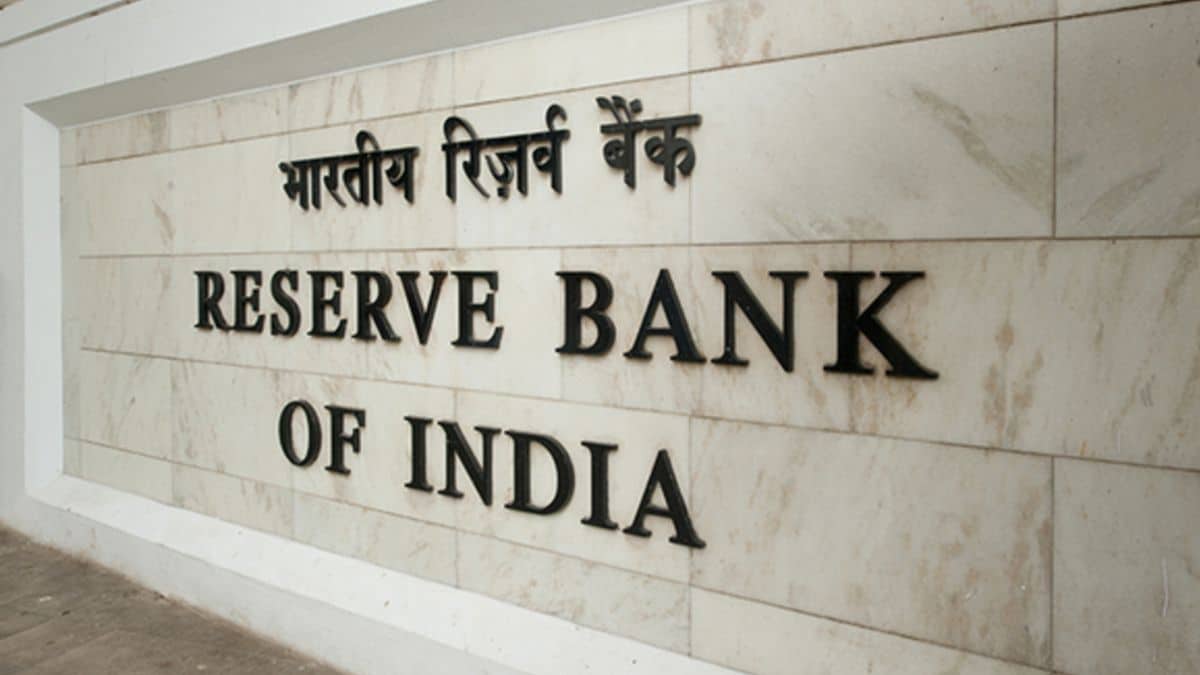The Reserve Bank of India’s trial run of its retail digital currency program has seen transactions worth Rs 5.70 crore in its first four months, as revealed in a recent Right to Information (RTI) report filed by Moneycontrol.
Responding to queries on January 16, the RBI disclosed, “As per the data published in the balance sheet of the Reserve Bank of India as on March 31, 2023, the E-Rupee issued for CBDC (Retail) stands at Rs 5.70 crore.”
The retail central bank digital currency (CBDC) initiative was initiated on December 1, 2022. The government’s aim to introduce the digital rupee, employing blockchain and other technologies, was outlined by Finance Minister Nirmala Sitharaman in her budget speech on February 1, 2022, aiming to bolster the digital economy and establish a more efficient and cost-effective currency management system.
The pilot program was conducted in select locations within a closed user group consisting of customers and merchants. Described as e₹-R (e-rupee-retail), the digital token represents legal tender and is issued in denominations similar to paper currency and coins, according to the RBI’s statement on November 29, 2022.
Initially, the pilot involved four banks across four cities, including State Bank of India, ICICI Bank, Yes Bank, and IDFC First Bank, operating in Mumbai, New Delhi, Bengaluru, and Bhubaneswar. Subsequently, the program expanded to include four additional banks—Bank of Baroda, Union Bank of India, HDFC Bank, and Kotak Mahindra Bank—and extended its reach to new cities, encompassing Ahmedabad, Gangtok, Guwahati, Hyderabad, Indore, Kochi, Lucknow, Patna, and Shimla.


